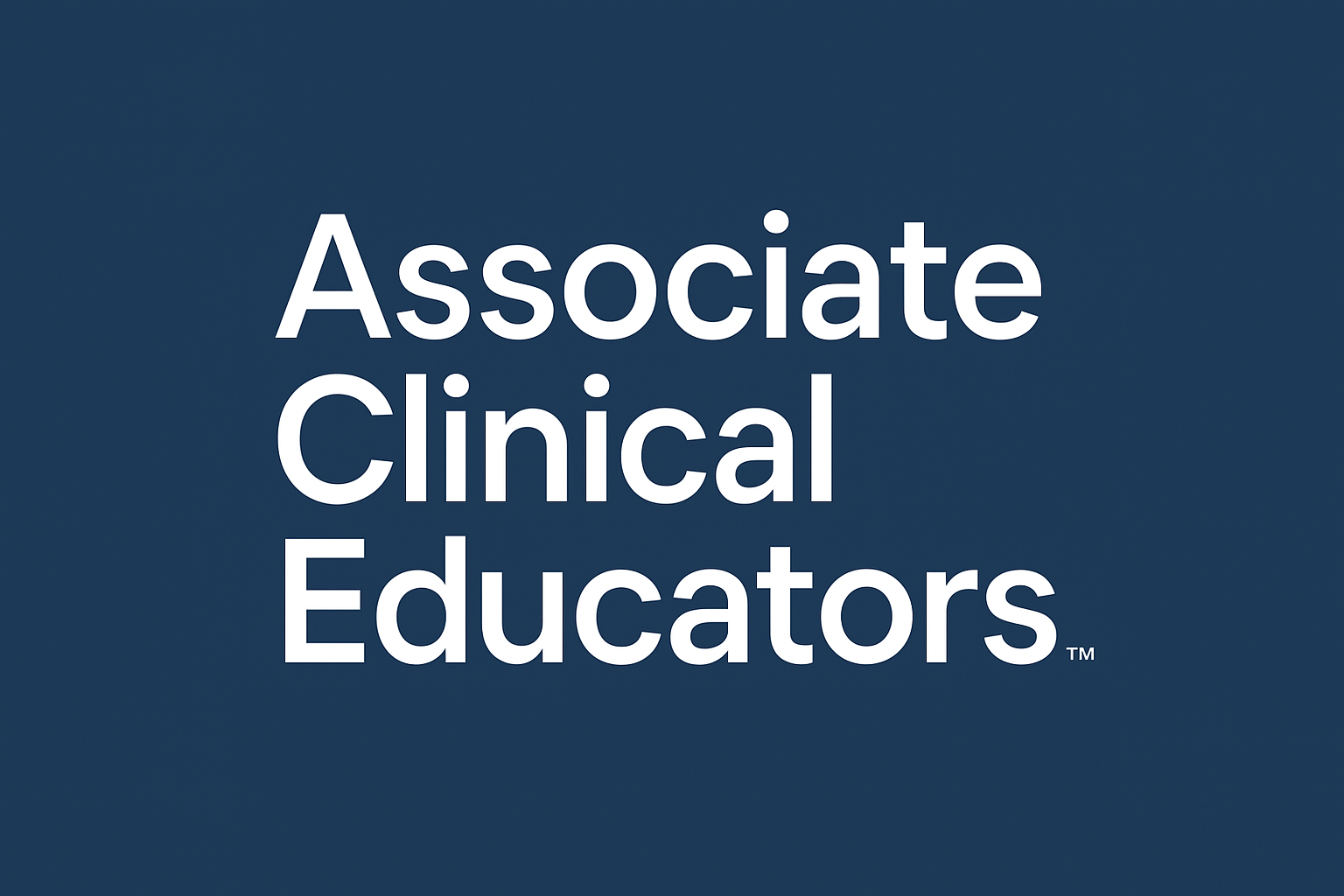Professionalism in Undergraduate Medicine: Key Insights and Challenges
In the ever-evolving field of medical education, professionalism is paramount in shaping...
Read Moreby R Spour | Aug 6, 2024 | Associate Clinical Educators, Clinical Education | 0 |
In the ever-evolving field of medical education, professionalism is paramount in shaping...
Read Moreby R Spour | Aug 31, 2021 | Associate Clinical Educators, Chester University | 0 |
Working on the Physician Associate Programmes as an Associate Clinical Educator is always a pleasure. It’s an even better experience when you give a new ACE an opportunity to spread their wings and fly solo for a day. They are...
Read Moreby R Spour | Mar 9, 2021 | Associate Clinical Educators, Wolverhampton University | 0 |
Last week saw us working online with our partners at Wolverhampton and Chester University. Although the role of the ACE is to work predominantly with helping the student to develop their physical skills with systems...
Read Moreby R Spour | Sep 30, 2020 | Associate Clinical Educators, Matt Chapman | 0 |
Matt Chapman is Managing Director of Meducate and is a founding member of the company. In this post, Matt talks about his vision for the company and how Meducate differs from other companies he has worked for over the years....
Read Moreby R Spour | Sep 24, 2020 | Associate Clinical Educators, Matrix Education | 0 |
Meducate Academy has had a busy two weeks working alongside the University of Chester, University of Wolverhampton and Matrix Education on several exciting projects. As always, Matrix Education delivered an excellent two day...
Read Moreby R Spour | Aug 28, 2020 | Associate Clinical Educators, Chester University | 0 |
One of the greatest innovations the computer age has brought us is the opportunity for anyone to set up a podcast. Podcasts are great to watch or listen to when you are on the move and allow you to get information quickly from a...
Read Moreby R Spour | Aug 23, 2020 | Associate Clinical Educators, Chester University | 0 |
It’s true to say that during the Covid – 19 crises our services have not been required as much as normal. Whilst many institutions seem to be struggling to embrace online teaching some have risen to the challenge and hit...
Read Moreby R Spour | Aug 22, 2020 | Associate Clinical Educators | 0 |
Now that we have been in lockdown for almost five months, working online has been a challenge. We have had to explore new ways of working and teaching using technologies we have never used before. We embraced the challenge fully...
Read Moreby R Spour | Jul 3, 2020 | Associate Clinical Educators | 0 |
Welcome to this the first of many posts related to Meducate Academy and the work we do to provide...
Read More
